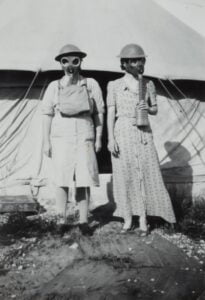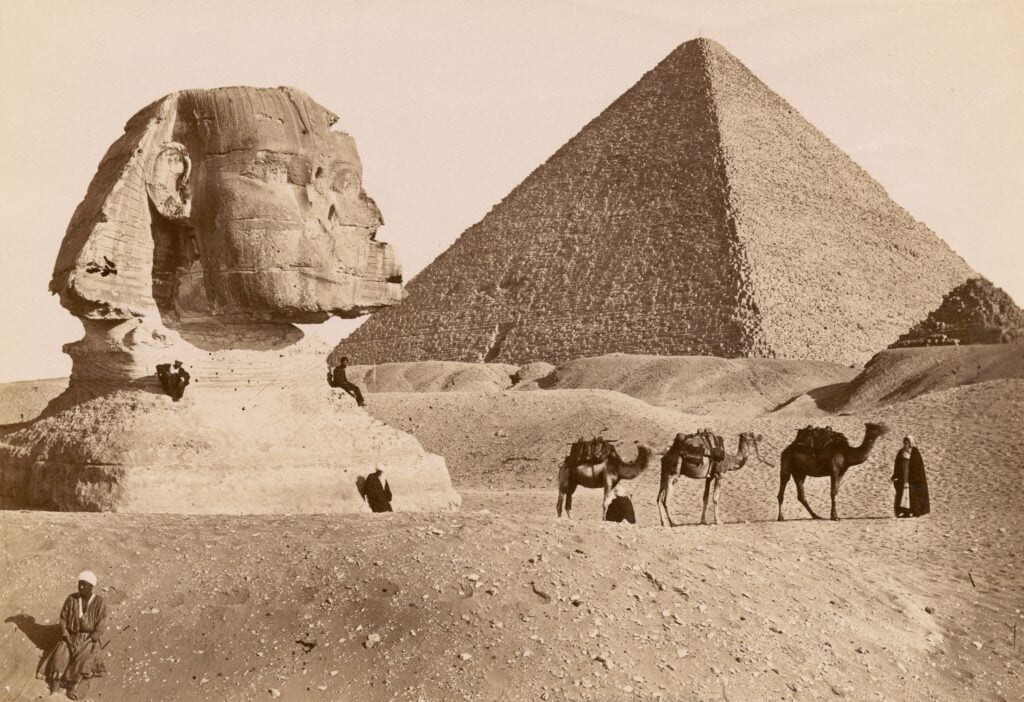“A Short History of Nearly Everything” by Bill Bryson is a fascinating exploration of the history of the universe, Earth, and human civilization. The book takes readers on a journey through time, from the Big Bang to the present day, and covers a vast range of scientific topics, from astronomy and geology to biology and physics.

Bryson’s writing style is engaging and accessible, making complex scientific concepts easy to understand for readers without a scientific background. He weaves together scientific facts and stories about the people behind the discoveries to create a narrative that is both informative and entertaining.
The book begins by introducing readers to the concept of the Big Bang and the origins of the universe. Bryson describes the processes that led to the formation of galaxies and stars, and the evolution of life on Earth. He also explores the history of Earth, from its formation to the present day, including the geological processes that have shaped the planet and the history of life on Earth.

Bryson’s writing is full of interesting anecdotes about the scientists who made significant contributions to our understanding of the world, including stories about their personal lives and the challenges they faced in their work. He also includes sections on the history of scientific thought and the philosophy of science, which provide valuable insights into how scientific discoveries are made.
The book covers a wide range of scientific topics, including the structure of atoms, the properties of matter, and the theory of evolution. Bryson also explores the history of human civilization, from the earliest human societies to modern times, discussing the ways in which human culture has evolved and changed over time.
Overall, “A Short History of Nearly Everything” is a fascinating and informative read for anyone interested in science and the natural world. Bryson’s engaging writing style and vast range of topics covered make this book a must-read for anyone looking to gain a deeper understanding of the history of our universe, Earth, and human civilization.

Discussion Questions
- What is “A Short History of Nearly Everything” about?
- What scientific topics are covered in the book?
- What is the writing style of the book?
- What is the Big Bang theory, and how does it relate to the book?
- What are some of the key takeaways from the book about the history of the universe, Earth, and human civilization?

Questions About The History Of Your Country
- What are some key events in the history of your country that have had a significant impact on the world?
- How has the culture of your country changed over time, and what factors have contributed to those changes?
- What are some of the major political movements or figures in the history of your country, and how have they shaped the current political landscape?
- What role has your country played in global conflicts throughout history, and how has it been affected by them?
- What are some of the significant social, economic, and environmental changes that your country has undergone over time, and how have those changes affected the lives of its citizens?

Questions About What You Would Change In History
- Looking back on history, what do you think is the most significant turning point and why?
- If you could change one thing about the course of history, what would it be and why?
- Are there any historical figures that you think were unfairly represented or treated? How would you change the historical record to reflect this?
- How do you think technological advances have changed the course of history, and what technological development do you think has had the biggest impact?
- What is one event or trend in history that you think deserves more attention or recognition, and why?





